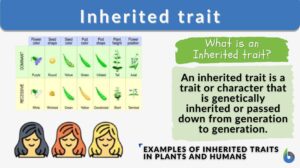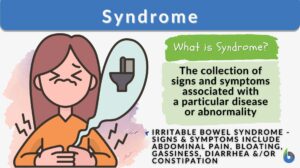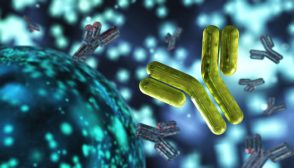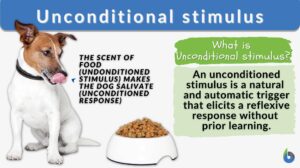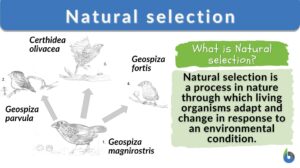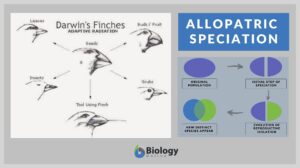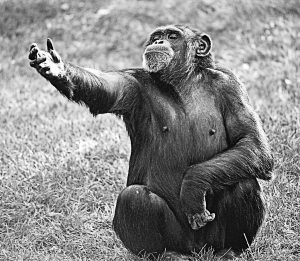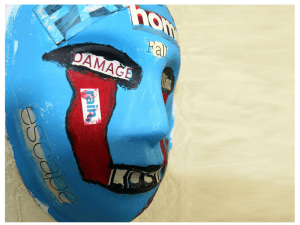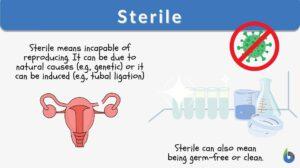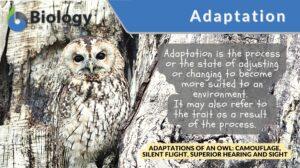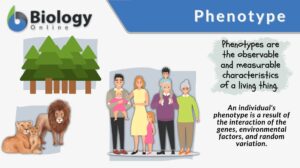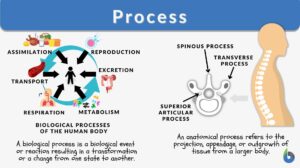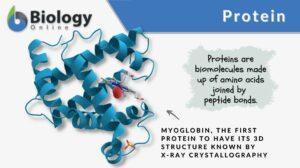Search Results for: acquired
Naturally acquired passive immunity
Definition noun A passive immunity that is acquired by the fetus or newborn through its mother, and typically lasts the... Read More
Naturally acquired active immunity
Definition noun An active immunity acquired by experiencing and having recovered from a disease. Supplement Active immunity... Read More
Acquired sensitivity
Acquired sensitivity --> allergy 1. (Science: immunology) a state of hypersensitivity induced by exposure to a particular... Read More
Inherited traits
What are Inherited Traits? The characteristics or traits that are passed from parents to offspring are known as inherited... Read More
Humoral immunity
Let’s get to know where one should place humoral immunity, the topic of today’s discussion!! By the end of the article,... Read More
Passive immunity
Definition noun A type of immunity acquired by the transfer of antibody from one individual to another, such as from mother... Read More
Hypertrichosis
Definition noun, plural: hypertrichoses An atypical hair growth in excess over the body Supplement Trichosis is an archaic... Read More
Natural passive immunity
Definition noun A passive immunity acquired by the fetus or newborn from the mother via the placental transfer of antibodies... Read More
Passive and Active Types of Immunity
The previous tutorial investigated the role of white blood cells in phagocytosis. White blood cells are also responsible... Read More
Characteristic
Characteristics Definition We can define characteristics as qualities or features that describe the distinctive nature or... Read More
Unconditioned stimulus
An unconditioned stimulus inherently triggers an automatic response, not reliant on deliberate prior learning. In contrast... Read More
Natural selection
Natural Selection Definition What is natural selection in biology? Natural selection is defined as a process in nature... Read More
Allopatric speciation
We can define speciation as a process by which the novel genetically independent group of organisms are formed through the... Read More
Artificial passive immunity
Definition noun A passive immunity acquired by means of injection of serum containing antibodies to an individual who may... Read More
Acquired trait
a phenotypic/ physical feature that is influenced by environmental factors and not inherited to next... Read More
Pathogenicity
Definition noun, plural: pathogenicities The capability (of a pathogenic agent) to cause disease Supplement Pathogenicity... Read More
Lamarckian theory
Definition noun An evolutionary theory holding that acquired or learned traits can be passed on from parents to... Read More
Cell differentiation
Cells are often described as the building blocks of life as they are the smallest unit used to build up organisms. Cells can... Read More
Biotic factor
Biotic Factor Definition A biotic factor is the living component in an ecosystem. The term "biotic" means "of or related... Read More
Why Non-Human Primates Don’t Speak Like Humans
Summary: Why are non-human primates unable to speak like humans? A widely-accepted theory associated it with their lack of... Read More
The biology of how the brain forgets
Our brain tends to forget things that we wish we would always remember. And yet, it cannot forget certain things we wish... Read More
The consequences of antibiotic use in horticulture
Leading articles Frederick R. Falkiner* Department of Clinical Microbiology, Trinity College, Dublin; Central Pathology... Read More
SENI Biometric Analysis on the extinct Scincidae species: Macroscincus coctei (underlined)
Brian L. Schnirel Leeway Corucia Research Center (LCRC) Courtesy: Polyphemos (2004) Introduction: It has been... Read More
Adaptation
Adaptation Definition In biology and ecology, adaptation refers to the process of adjusting behavior, physiology, or... Read More

